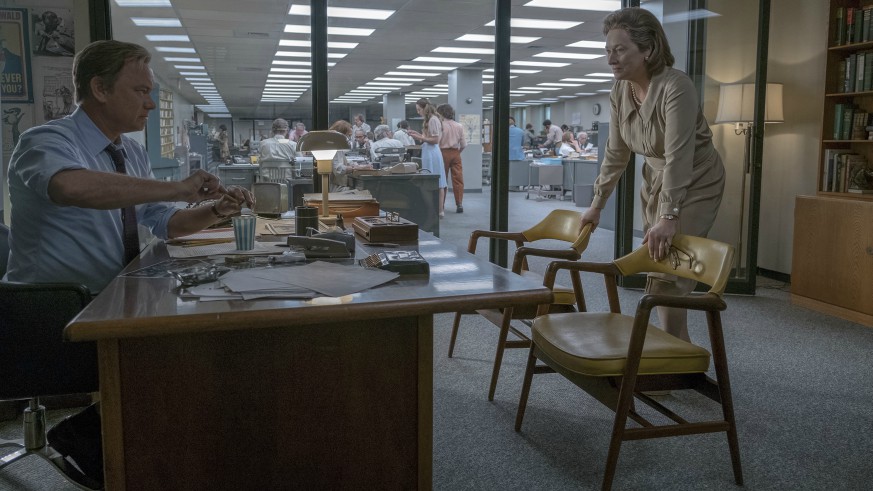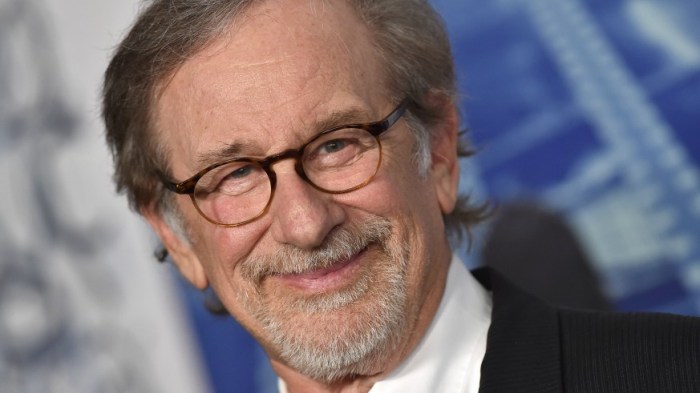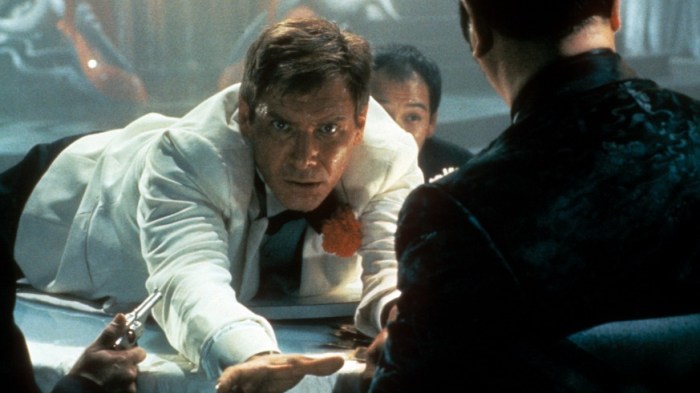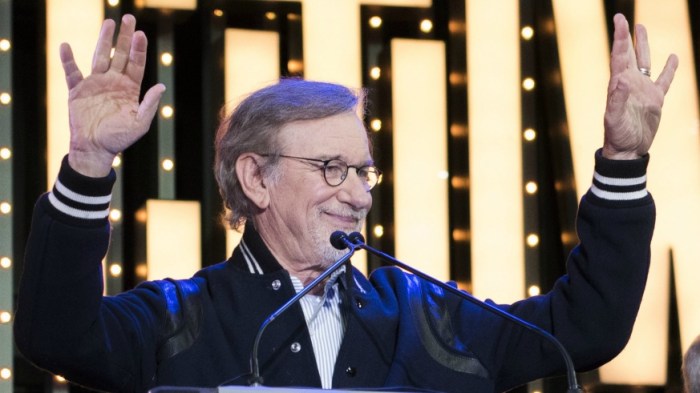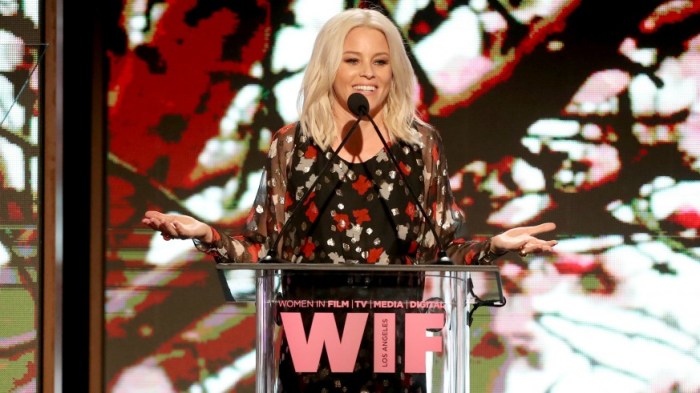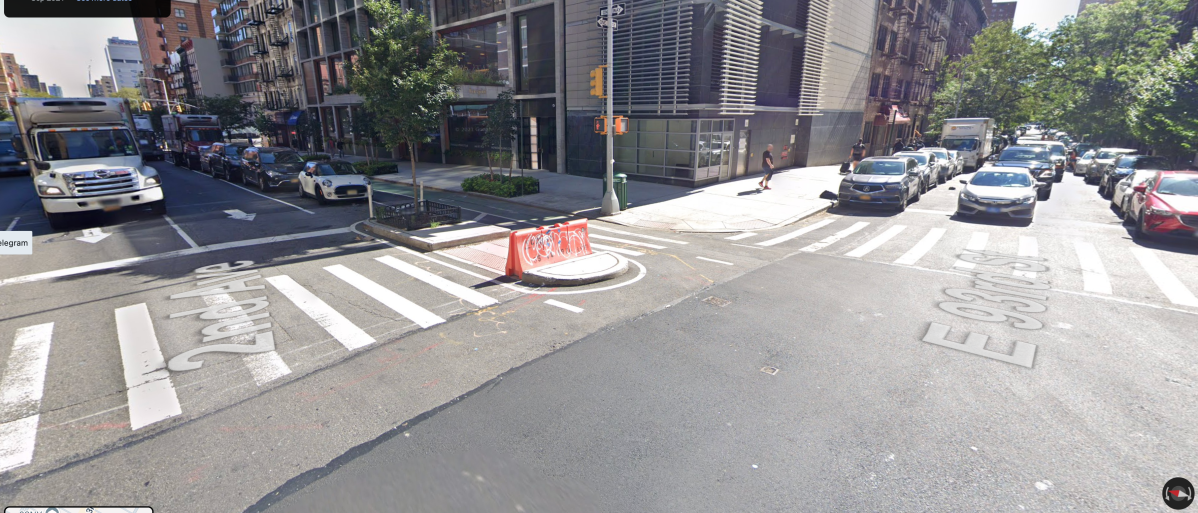‘The Post’
Director: Steven Spielberg
Actors: Tom Hanks, Meryl Streep
Rating: PG-13
5 (Out Of 5) Globes
Plot: The Washington Post’s Kate Graham (Meryl Streep) is the first female newspaper publisher, a position that she inherited after the suicide of her husband. Graham works alongside The Post’s driven and ambitious editor Ben Bradlee (Tom Hanks), who competes with the New York Times to get possession of the Pentagon Papers, an exhaustive breakdown of how four U.S. President’s (Eisenhower, Kennedy, Johnson, and Nixon) covered up and repeatedly lied about the Vietnam War. But this pursuit also leads to an unprecedented battle between journalism and government over whether they should actually be published.
Review: There are many reasons why “The Post” is one of the best movies of the year. But, sometimes, you can over analyze a movie to death. Because at the end of the day, the primary reasons for “The Post’s” success are rather simple: it is one of the greatest filmmakers of all time directing two of the finest actors ever, in a story that’s both bitingly prescient and also documents one of the most important moments in American history.
Most of the time, the combination of cinematic heavyweights of this caliber with such weighty themes and content leaves a film feeling too rich, preachy, and indulgent. But egos are left to the side with “The Post,” and there’s a discipline to Streep and Hanks’ performances and Spielberg’s direction that allows Liz Hannah and Josh Singer’s script to really land and sing.
Streep’s Kay Graham is unsure and quiet, but still subtly powerful when she needs to be, while even though Ben Bradlee is more gregarious and spiky Hanks always keeps him grounded and professional. Of course, because he’s Tom Hanks he’s the everyman that you wish you could be, too.
There’s also an economy to Spielberg’s direction, which perfectly complements the workmanlike, enterprising endeavors of the ensemble. He doesn’t get bogged down in moments or try to ham them up, as he knows full well that the actors and script can bring the edge and tension required.
That’s not to say that Spielberg doesn’t illuminate or enhance proceedings with his quick cutting, positioning of actors, and the way he swoops the camera in at times, the most rousing example of which comes towards the end of “The Post’s” glorious second act as four characters are on individual phones trying to reach a vital decision.
“The Post” has all the hallmarks of classic Spielberg, too, as its humor alludes to “Jaws,” its tension and build to “Jurassic Park,” its detail and precision to “Schindler’s List,” and its simplicity to “Raiders Of The Lost Ark.” While just to underline its nod to the golden generation of 70s cinema, “The Post” strives to be, and could easily be considered, a direct prequel to “All The President Men’s.”
It’s not just this trifecta, though. No-one can zip and dolly a camera like cinematographer Janusz Kamisnki, the early 1970s and its newsrooms are brought to life with romance and detail, and Hannah and Singer’s script has a screwball pace, humor, and comfort that still doesn’t get in the way of its plot. There’s also a genuine tension to “The Post,” and while you never believe that violence is going to break out the verbal sparring is so taut, tight, and brutal that you wince and react as though it could.
Rather than eliciting any cinematic equals, Hannah and Singer’s script actually brought to mind those of “The Sopranos,” “Mad Men,” and “The Wire,” as it manages to elegantly and powerfully balance its own plot devices and story intent with its vital subtext. You’re always aware of them both, too, as each enhance but never hinder the other.
Everyone else involved in “The Post” swaggers with the intent of righteous people marching to do good. Each cast member, like their characters, step up when called upon as Sarah Paulson, Bob Odenkirk, Bradley Whitford, Tracey Letts, Carrie Coon, Jesse Plemons, Bruce Greenwood, and Matthew Rhys simmer and deliver in individual moments, while Michael Stulhbarg, Alison Brie, and David Cross also add an eye-catching prestige in their supporting roles.
Considering the recent issues he has had with his conclusions, I have to admit I was worried that Spielberg might not hold his nerve when it came to ending “The Post”. But while there’s some cheesiness, that’s easily overlooked, as you have either become so caught up in the cogs of “The Post’s” storytelling that it earns these moments, or they are delivered in such an impactful manner that they can’t help but resonate.
There’s so much more to take away from “The Post,” too. At its core it is also about a woman trying to find her voice, while being underappreciated, underestimated, and dismissed by privileged white men that just want to win at all costs.
What feels most prescient, though, is the fire that it looks to set underneath all of us, especially journalists, when it comes to their duty to take on Donald Trump and his attacks on the freedom of the press. “The Post’s” final speech will hopefully immediately stir and inspire. Because while the machinery and rules seemingly might have changed, the impact is still undeniable.
On the cusp of turning 71, and having transformed mainstream cinema decades ago, “The Post” proves that the same can be said for Steven Spielberg, too.

